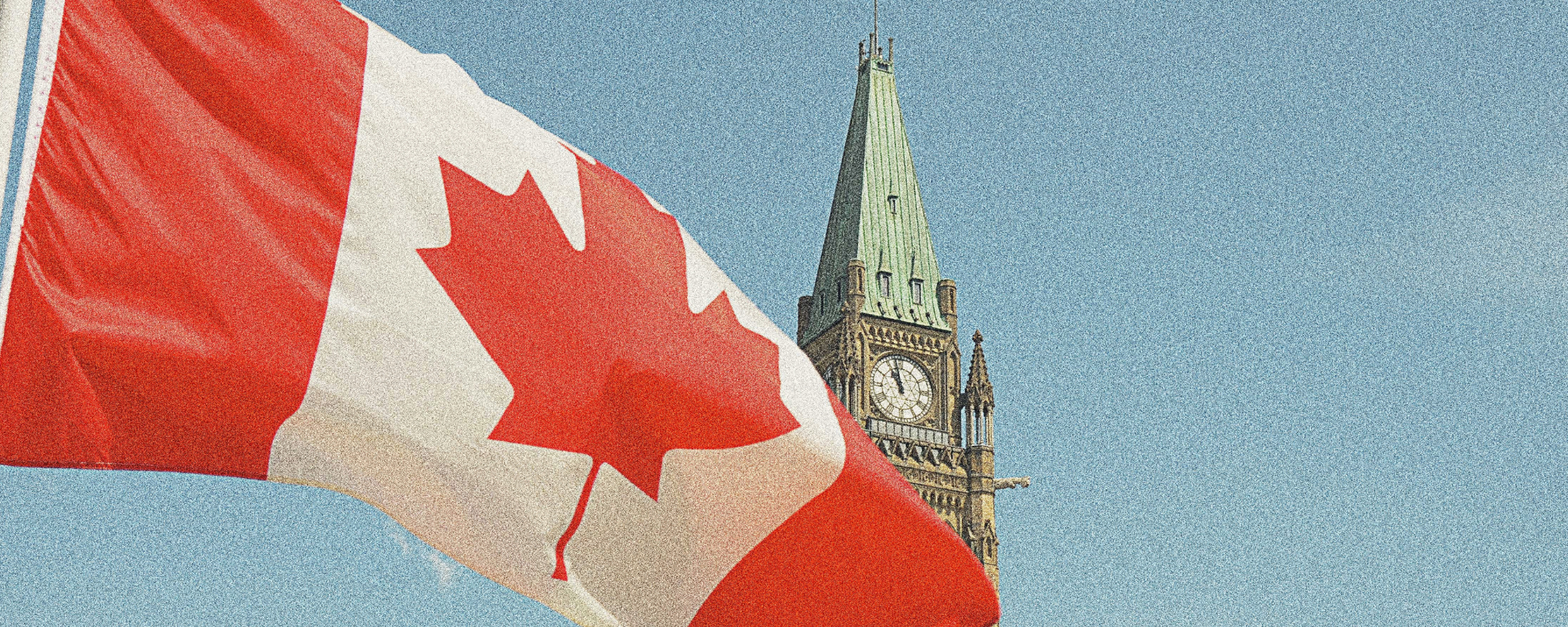TORONTO — Following the Government of Canada’s reintroduction of the Online Harms Act (Bill C-63), Noa Mendelsohn Aviv, Executive Director and General Counsel of the Canadian Civil Liberties Association (CCLA), made the following statement:
This is a massive bill that we need to examine in greater detail. Our preliminary read raises several serious concerns. While the CCLA endorses the declared purposes of upholding public safety, protecting children, and supporting marginalized communities, our initial assessment reveals that the bill includes overbroad violations of expressive freedom, privacy, protest rights, and liberty. These must be rectified before the bill is passed into law.
One troubling aspect of Bill C-63 is the vast authority bestowed upon a newly established body, comprising government appointees, to interpret the law, make up new rules, enforce them, and then serve as judge, jury, and executioner. Granting such sweeping powers to one body undermines the fundamental principle of democratic accountability.
Furthermore, the bill’s provisions which include sweeping new search powers of electronic data with no warrant requirement, pose significant threats to privacy rights. The bill provides for unacceptable intrusions into individuals’ digital lives.
Bill C-63 risks censoring a range of expression from journalistic reporting to healthy conversations among youth under 18 about their own sexuality and relationships. The broad criminal prohibitions on speech in the bill risk stifling public discourse and criminalizing political activism. The bill imposes draconian penalties for certain types of expression, including life imprisonment for a very broad and vaguely defined offence of “incitement to genocide”, and 5 years of jail time for other broadly defined speech acts. This not only chills free speech but also undermines the principles of proportionality and fairness in our legal system. Bill C-63 also creates a new offence (“offence motivated by hatred”) that risks misuse or overuse by police, and unfairness to accused persons in court.
The bill also re-introduces a speech restriction within the Canadian Human Rights Act, which CCLA has previously opposed. The new provision has the potential to censor strong opposition to political authorities. It limits debate and dissent on contentious issues, and historically has not adequately protected the most marginalized groups.
The potential flood of complaints under this provision to the Canadian Human Rights Commission, coupled with its existing resource constraints, threatens to exacerbate the backlog, and limit access to justice for those facing discrimination in employment, services, and other contexts.
We urge Parliament to amend Bill C-63 to ensure that any legislation aimed at curbing online harms upholds the fundamental principles guaranteed by our Charter of Rights and Freedoms.
-30-
About the Canadian Civil Liberties Association
The CCLA is an independent, non-profit organization with supporters from across the country. Founded in 1964, the CCLA is a national human rights organization committed to defending the rights, dignity, safety, and freedoms of all people in Canada.
Media Contact:
media@ccla.org
Alex Nanoff – 613.709.6318
About the Canadian Civil Liberties Association
The CCLA is an independent, non-profit organization with supporters from across the country. Founded in 1964, the CCLA is a national human rights organization committed to defending the rights, dignity, safety, and freedoms of all people in Canada.
For the Media
For further comments, please contact us at media@ccla.org.





